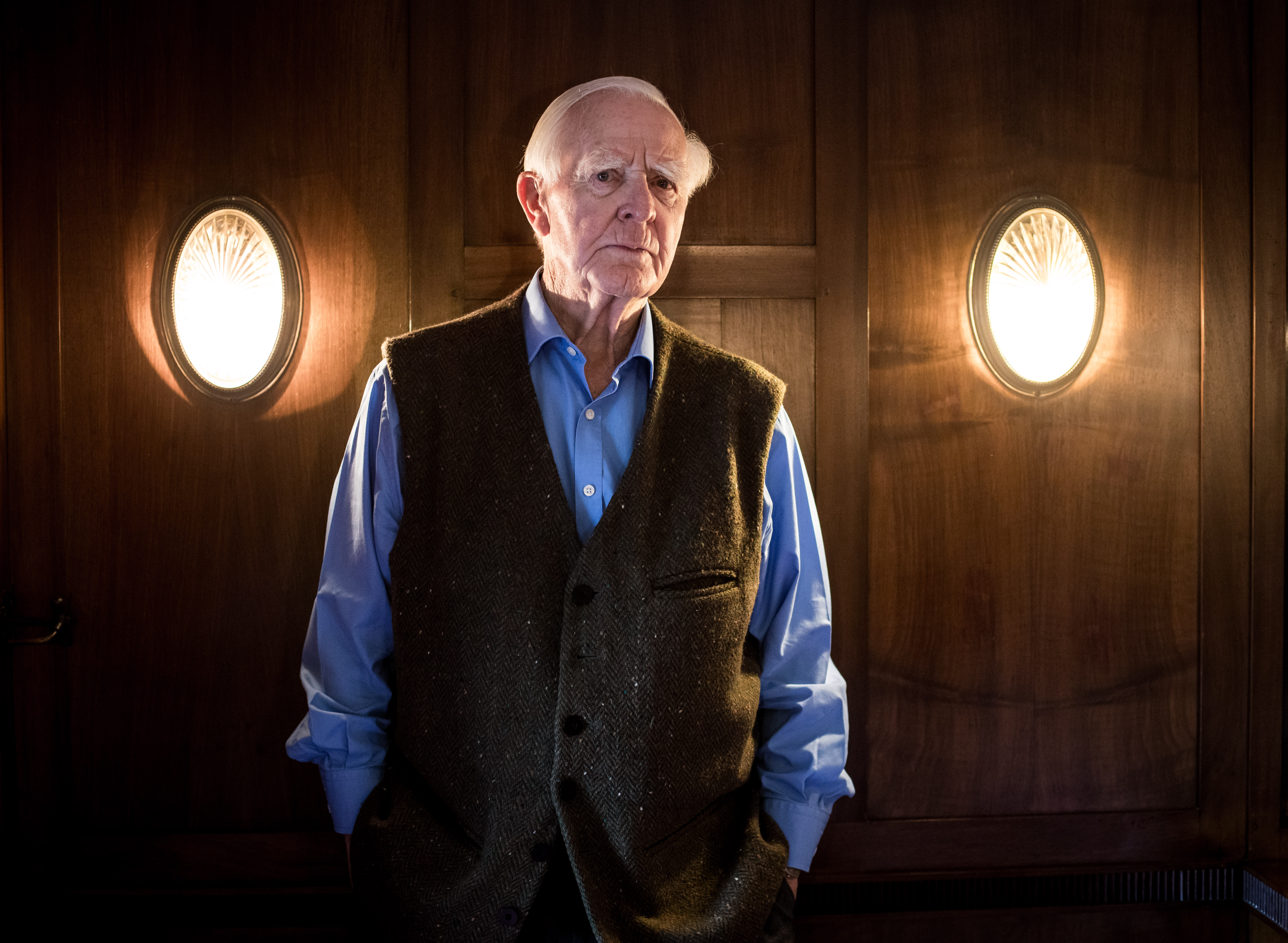There aren’t many writers who can be said to have changed the nature of their chosen genre. John le Carré, who died on Saturday at the age of 89, did exactly that. With richly-drawn characters and morally complex plots, le Carré transformed spy fiction into something able to wrestle with weighty themes. His career spanned over half a century, captivating readers around the world.
John le Carré was the pen name of David Cornwall, who had had a background in intelligence before turning to fiction. (His use of a pseudonym came as a result of his job at the time.) His third novel, 1963’s The Spy Who Came In From the Cold, was a bestseller, and elevated his profile. Writing at the New York Times, Sarah Lyall noted that he “elevated the spy novel to high art by presenting both Western and Soviet spies as morally compromised cogs in a rotten system full of treachery, betrayal and personal tragedy.”
Many of le Carré’s novels were adapted for film or television (or both), including The Constant Gardener, The Little Drummer Girl and Tinker, Tailor, Soldier, Spy. In a 1965 interview, he pondered moving on from espionage novels. “I think that certainly for the time being I’ve come to the end of them,” he said at the time; this proved to not be the case.
In a 2019 interview with The Guardian, le Carré spoke about his early life effectively pointing him in the direction of spycraft. “My dad for part of my childhood was in prison. So I arrived in the heartland of the establishment — private education — as a kind of spy, as somebody who had to put on the uniform, affect a voice and attitudes, and give myself a background I didn’t have,” he said. It was the beginning of a distinctive literary voice, and the birth of a writer who never stopped working at his chosen craft.
Thanks for reading InsideHook. Sign up for our daily newsletter and be in the know.

















